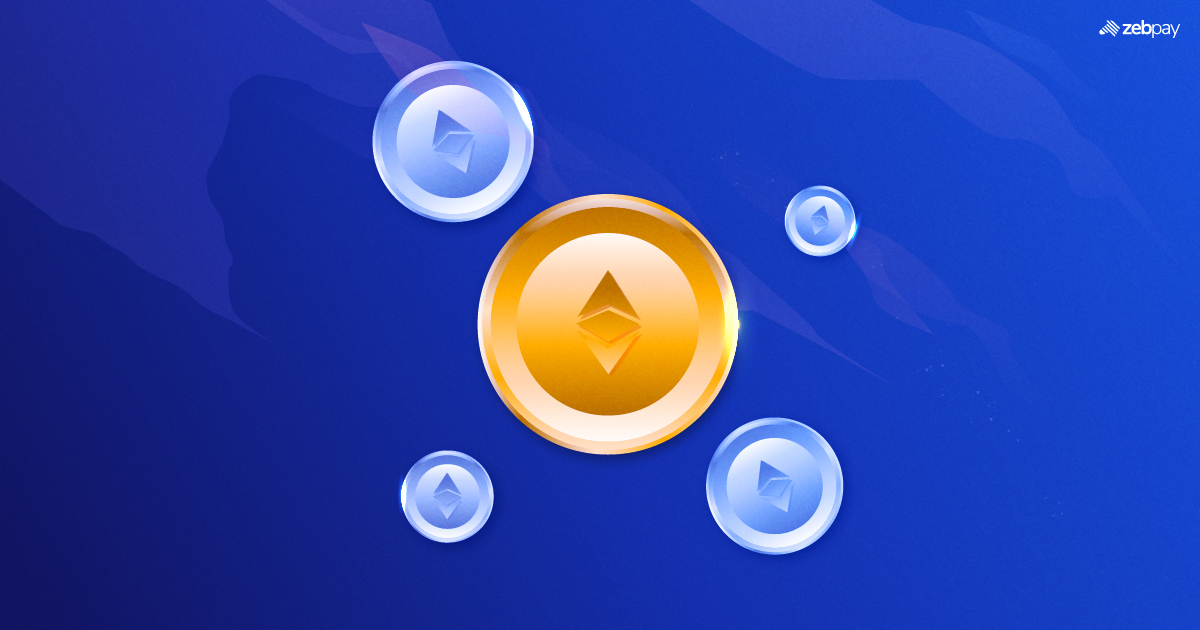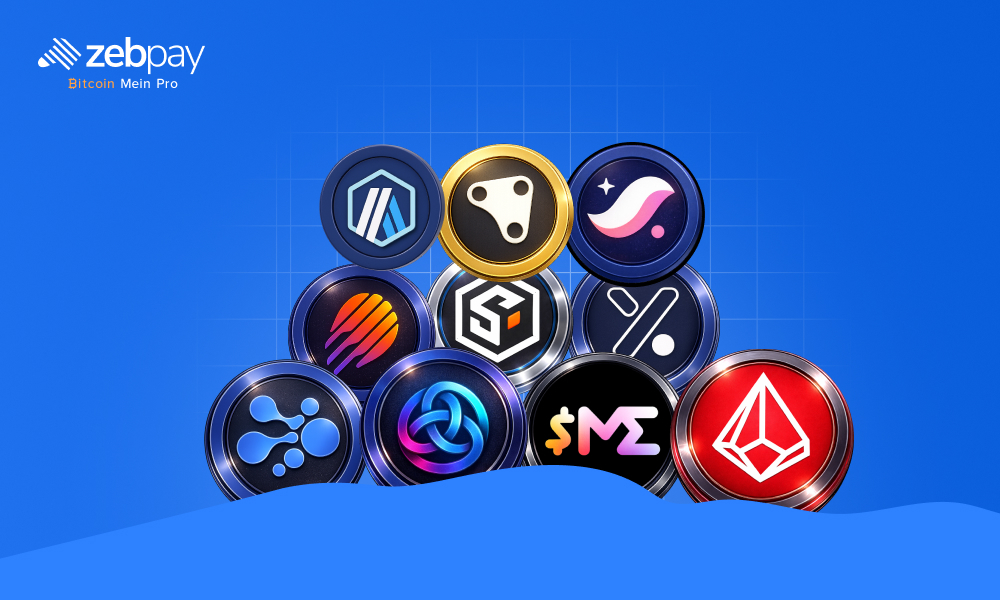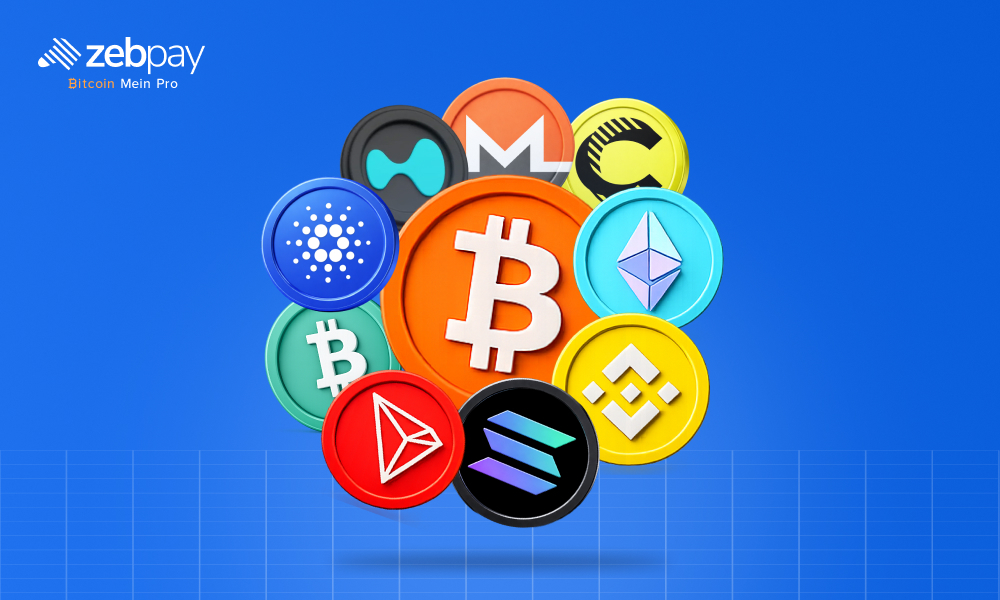Introduction
Ethereum Classic (ETC) is a decentralised, blockchain-based computing platform and crypto token, which enables developers to create and deploy smart contracts. Originating from a split within the Ethereum community in 2016, Ethereum Classic remains committed to the principle that “Code is Law” and preserves the original Ethereum Blockchain.
What is Ethereum Classic (ETC)?
Ethereum Classic (ETC) operates as an open-source, decentralised platform facilitating smart contracts and crypto transactions. It emerged in 2016 because of the DAO attack, which prompted a philosophical divide within the Ethereum community. While the majority opted for a hard fork to rectify the hack, a segment of the community remained steadfast in preserving the original Ethereum blockchain, leading to the creation of Ethereum Classic.
The native crypto token of Ethereum Classic is called Ether as well, which can lead to a great deal of confusion. The difference lies in their ticker symbols. The new Ether is listed as ETH, while Ethereum Classic’s Token is denoted as ETC.
KEY TAKEAWAYS
- Ethereum Classic (ETC) is an open-source, decentralised, blockchain-based distributed crypto asset platform that runs smart contracts.
- Ethereum Classic was originally known as Ethereum. It was created by Vitalik Buterin and the Ethereum Foundation and launched in 2015.
- Ethereum Classic originated after The DAO hack in 2016.
- The dispute caused a split in the Ethereum community, with the majority choosing to rectify the hack. Ethereum Classic is the name of the original blockchain.
How Does Ethereum Classic (ETC) Work?
Similar to Ethereum, Ethereum Classic allows for the execution of smart contracts as well. Smart contracts are self-executing code blocks that enable automated transactions based on predefined conditions and contracts between two parties. The ETC network permits anyone with a compatible crypto wallet to participate in transactions and operates on a permissionless basis. Ethereum Classic distinguishes itself by preserving the original Ethereum blockchain code.
Read more: Ethereum Vs Ethereum Classic
Market Analysis of Ethereum Classic (ETC)
- Market Cap – $3,838,586,545
- Volume (24h) – $151,393,858
- Circulating Supply – 145,623,393 ETC
- Total Supply – 210,700,000 ETC
Ethereum Classic (ETC) Use Cases
Following are some of the Ethereum Classic’s primary use cases-
- Facilitates decentralised applications (dApps) and smart contracts
- Its applications span various industries, including finance, supply chain management, gaming, and more
- Trading with ETC tokens
- Immutable record-keeping
Additionally, Ethereum Classic serves as a historical record of the original Ethereum blockchain, maintaining its integrity and providing a platform for ideological adherence to blockchain principles.
What is The Future of Ethereum Classic (ETC)?
The future of Ethereum Classic remains influenced by factors such as its ideological foundation, technological advancements, and regulatory landscape. While Ethereum Classic faces challenges in scalability and security concerns, its development efforts continue to focus on becoming a global payment network with decentralised governance. However, Ethereum Classic’s market position may face competition from Ethereum and other blockchain networks with broader acceptance and adoption.
Real-world Applications of Ethereum Classic
Real-world applications of Ethereum Classic extend to various sectors, including finance, where it facilitates decentralised financial services and transactions. It also finds utility in supply chain management, enabling transparent and immutable record-keeping. Furthermore, Ethereum Classic supports decentralised gaming platforms, digital identity verification, and more, showcasing its versatility across multiple industries.
Conclusion
In conclusion, Ethereum Classic (ETC) embodies the ethos of decentralisation and blockchain immutability. With its genesis from a philosophical division within the Ethereum community, Ethereum Classic remains committed to preserving the original Ethereum blockchain and upholding the principle that “Code is Law.” As it navigates through challenges and explores new opportunities, Ethereum Classic serves as a foundational platform for decentralised applications and smart contracts, contributing to the evolution of blockchain technology and its real-world applications.
Read more: What are Blockchain Layers
If you found this blog to be useful, do share it with other like-minded crypto enthusiasts. Click on the button below to begin your crypto trading journey using ZebPay.










